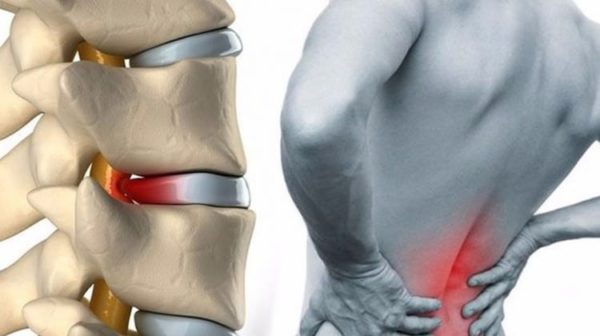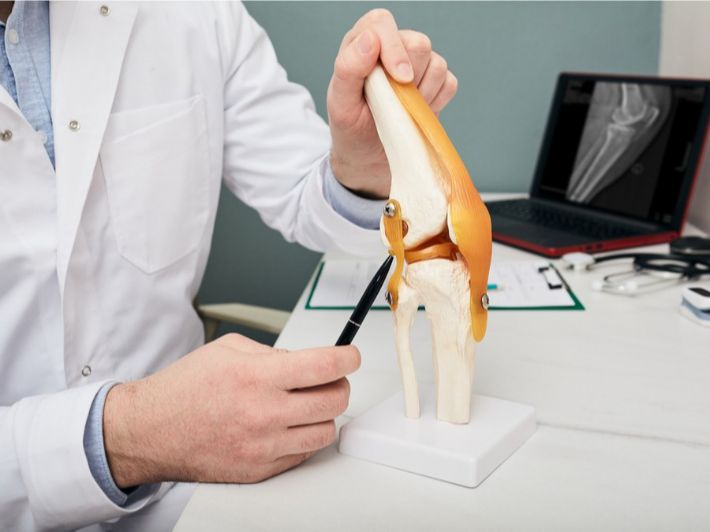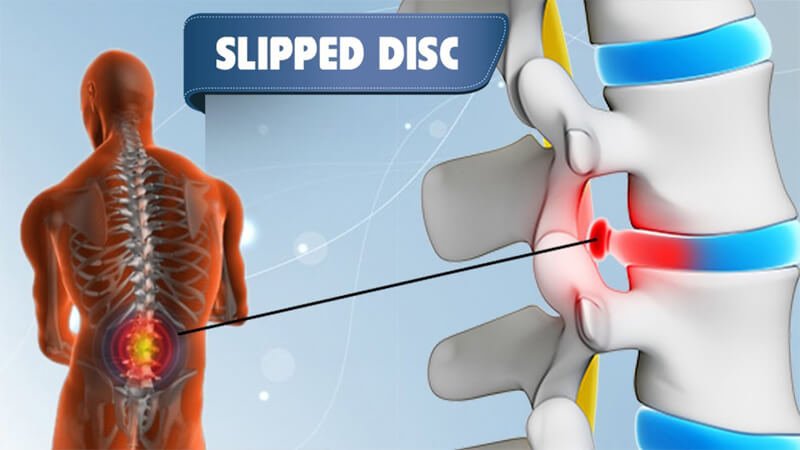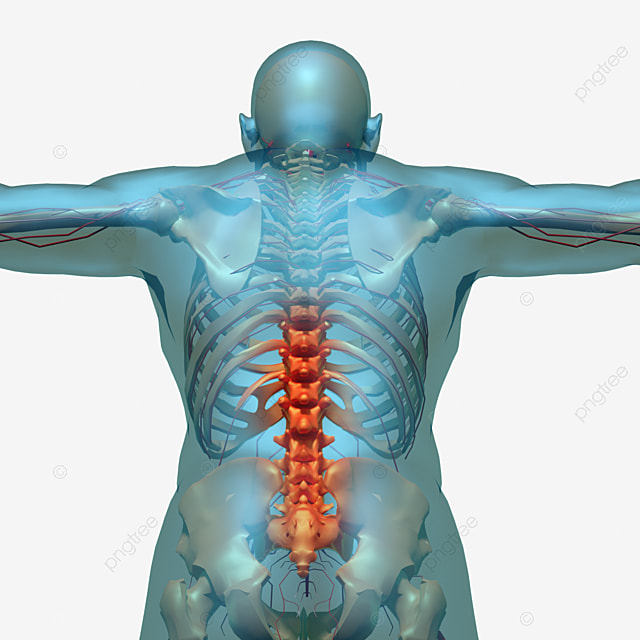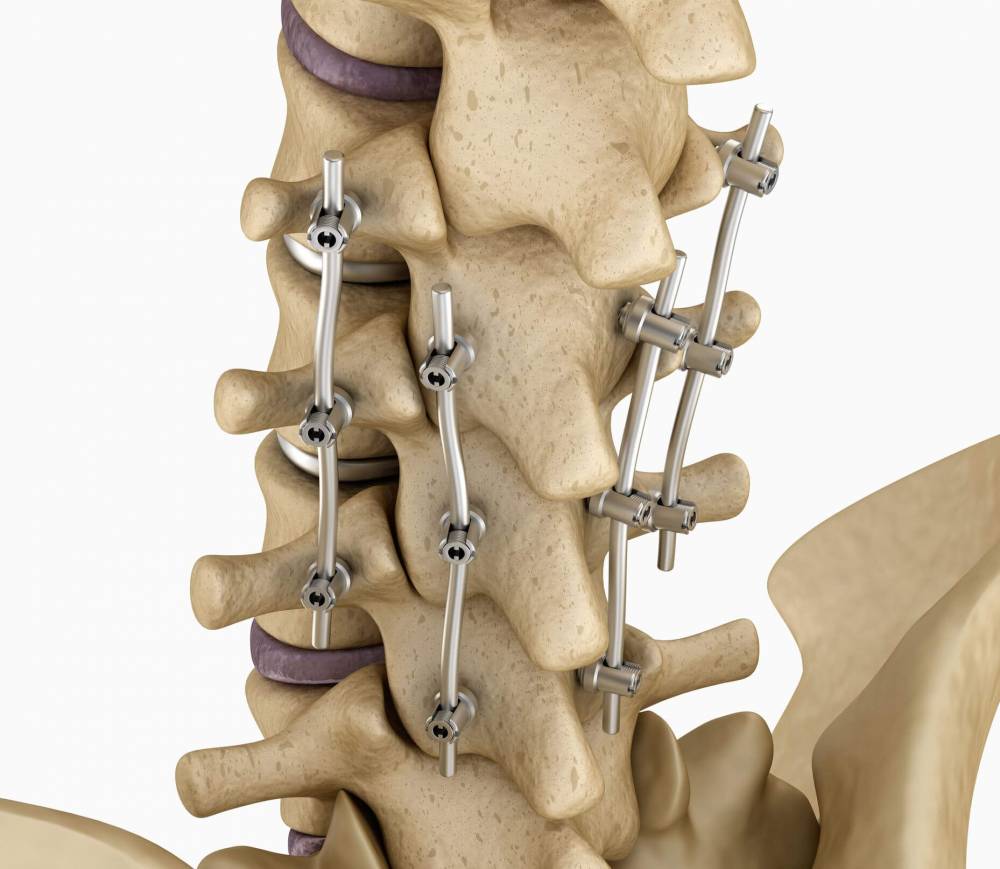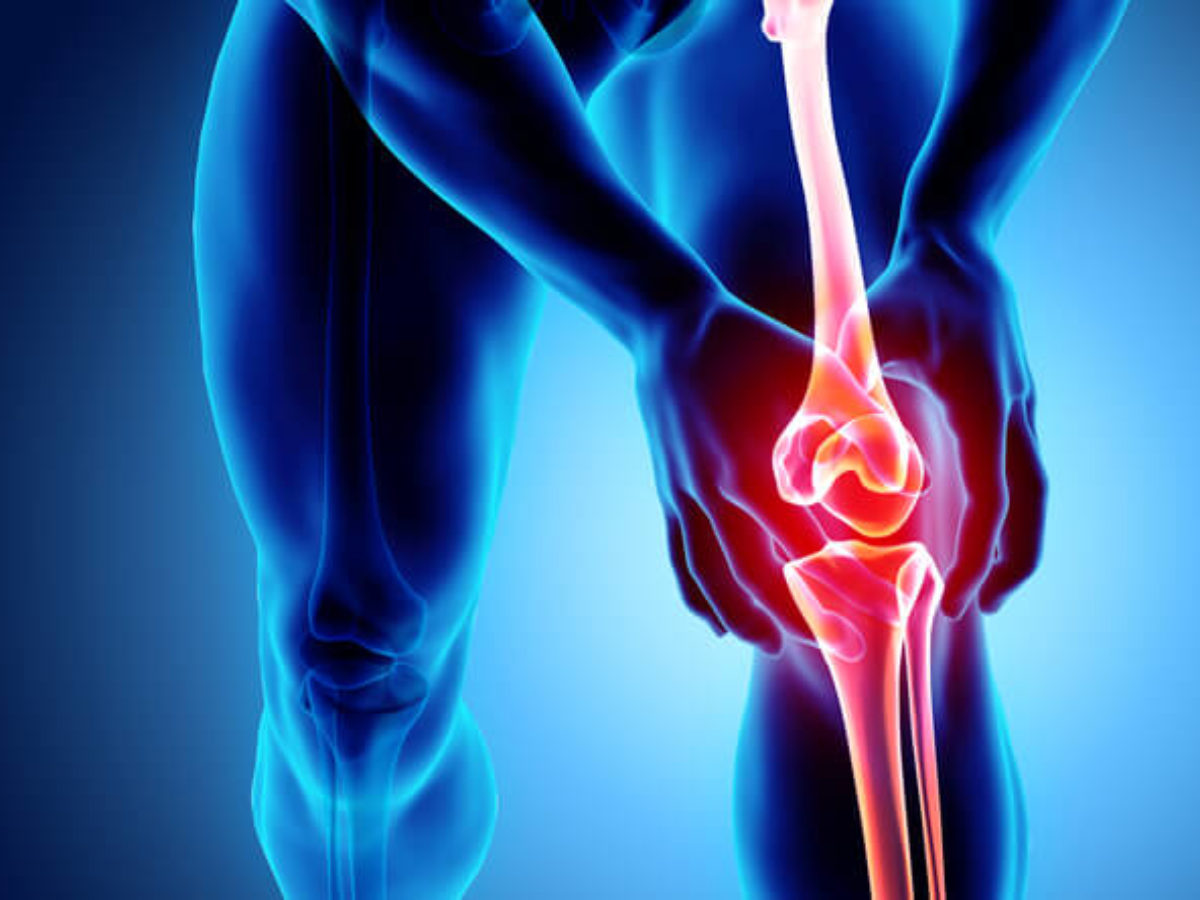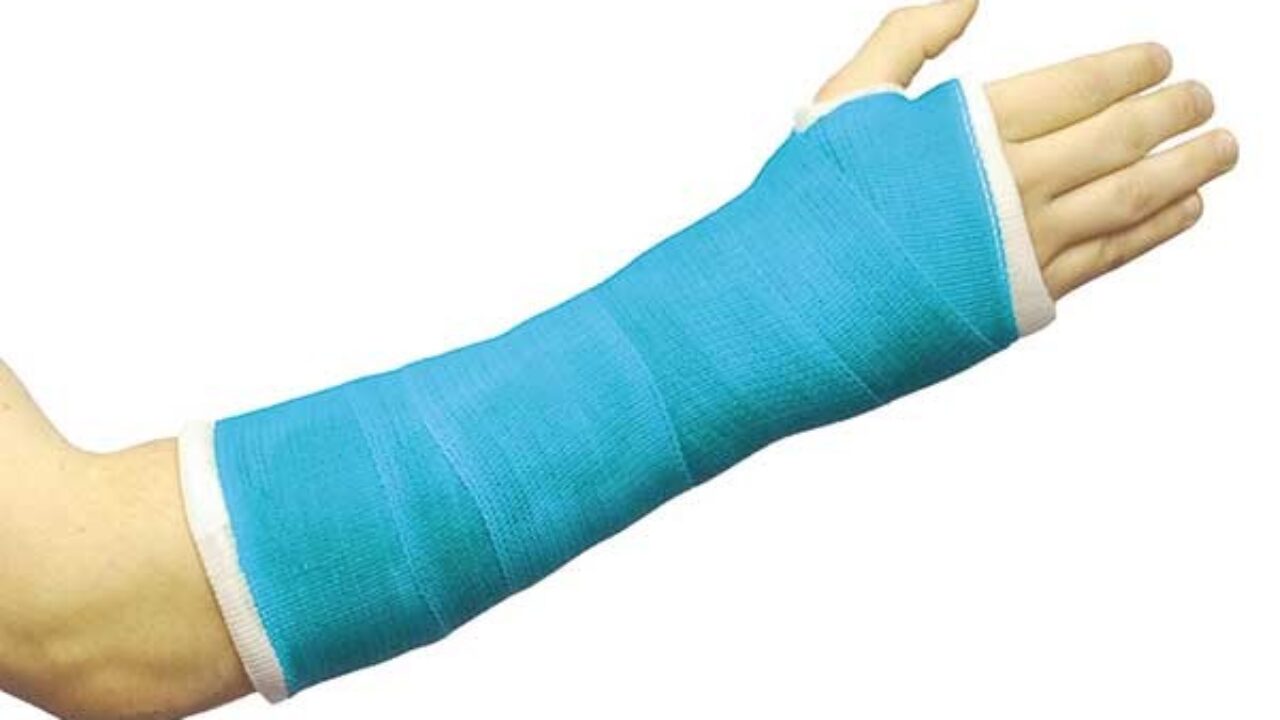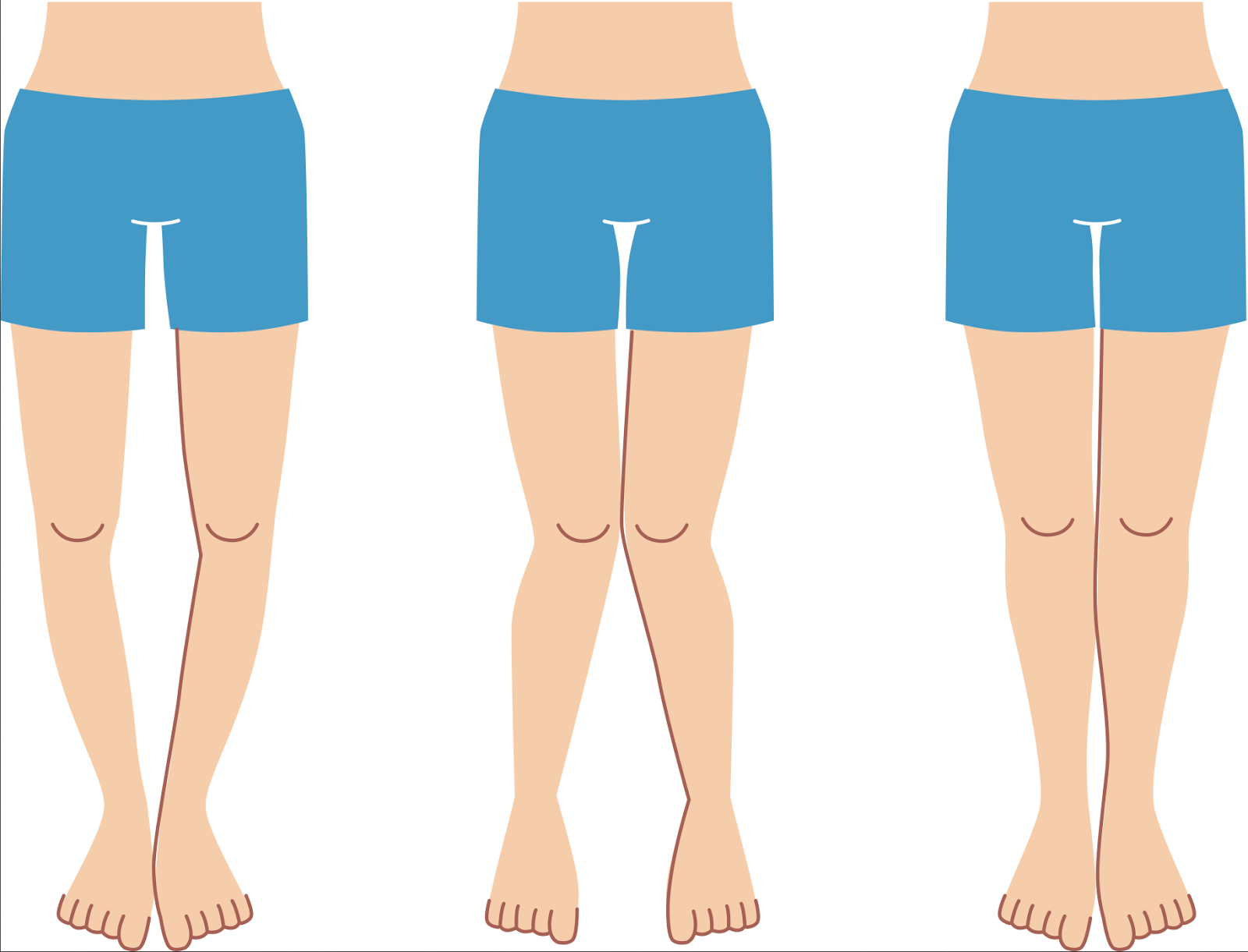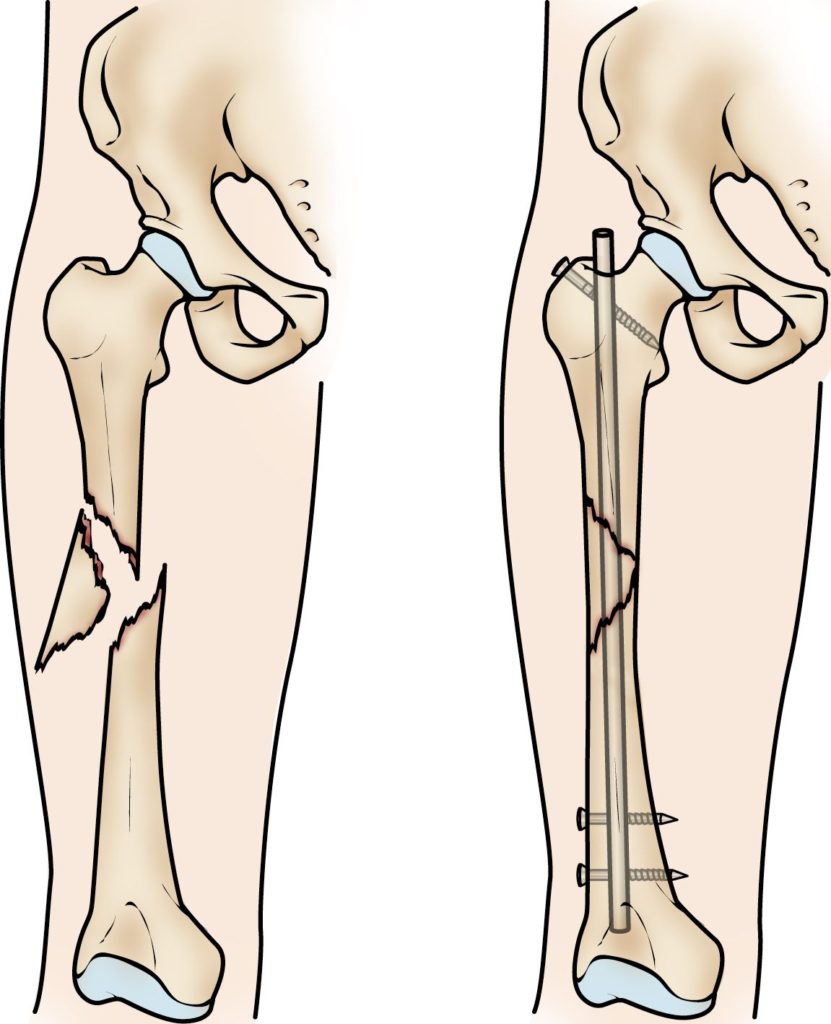What is the difference between herniated disc and sciatica?
There is a lot of information that explains the difference between herniated discs and sciatica, which we are working on clarifying in the following article.
What is the difference between herniated discs and sciatica?
There is a difference between slipped cartilage or disc and sciatica, and this difference between them is not limited to symptoms only, but there is a discrepancy in the causes and methods of treatment as well. Mostly, sciatica occurs as one of the consequences of a herniated disc.
Sciatica
Sciatica is an inflammation and severe pain that affects the sciatic nerve and occurs in the form of burning or severe tingling in the affected nerve, which causes difficulty in movement and makes the person feel more tired, and usually, people with sciatica feel constantly low pain.
There is more than one reason that affects a person’s sciatica, and on top of them is a herniated disc that puts pressure on the nerves of the spinal cord and leads to severe pain, and other causes include pear syndrome, ponytail syndrome, and others.
A sciatica patient shows some symptoms that indicate that the sciatic nerve is affected, including a feeling of severe pain in the lower back that extends to the thigh, leg, and soles of the foot as well, and the patient begins to feel numbness at the end of the spinal cord and may reach difficulty in movement.
Slipped disc
The vertebrae of the spine contain a gel-like seismic substance that absorbs shocks and prevents bones from rubbing against each other. If this flexible disc between the vertebrae moves out of place, a slipped cartilage or what is known as a disc occurs.
A herniated disc usually occurs for the elderly and those who suffer from symptoms of aging as a result of weak bones and erosion of the cartilage with the time factor, and there are other reasons for slipping, including overloading on the back, lifting heavy things incorrectly, practicing violent physical activities, and obesity.
Symptoms of a herniated disc include several signs, including the presence of pain in the back that extends to the neck, a feeling of weakness in the muscles, pain in the shoulder and arms that reach up to the hands, and the patient with a herniated disc feels some fatigue when bending the back.
What is the difference between sciatica and varicose veins?
It is important to know the difference between sciatica and varicose veins because there is some confusion between them despite the presence of significant medical differences between them, and they are as follows:
Sciatica
The main cause of sciatica injuries is pressure or inflammation of the sciatic nerve, which helps the patient to feel pain and have more stress, increased fatigue for the person, and a tingling sensation that starts from the lower back to the feet.
In most cases, sciatica is due to the occurrence of a herniated disc in the person, which affected the nerve of the spinal cord, including the sciatic nerve, which causes sciatica and sometimes makes the person unable to move normally.
Varicose veins
Varicose veins is a peripheral vascular disease that occurs as a result of an expansion or enlargement of the veins responsible for returning blood to the heart, which leads to blood clots that change their color to blue or purple. In this case, the veins are unable to perform their function regularly.
More than one symptom can appear on the patient with varicose veins, including the emergence of veins in the leg and foot, and their color becomes closer to blue.
What is sciatica?
Sciatica is a nerve disease that occurs as a result of inflammation or pressure on the sciatic nerve that connects the end of the spinal cord to the foot, and it is usually in the form of a sudden burning sensation affecting this part, and the person still feels a slight continuous pain.
Mostly the pain goes away when the main cause of it ends and the person begins to feel a gradual relief. In the first period of infection, doctors rely on painkillers and non-steroidal anti-inflammatory drugs, and you should take care of taking a break until the actual improvement begins.

